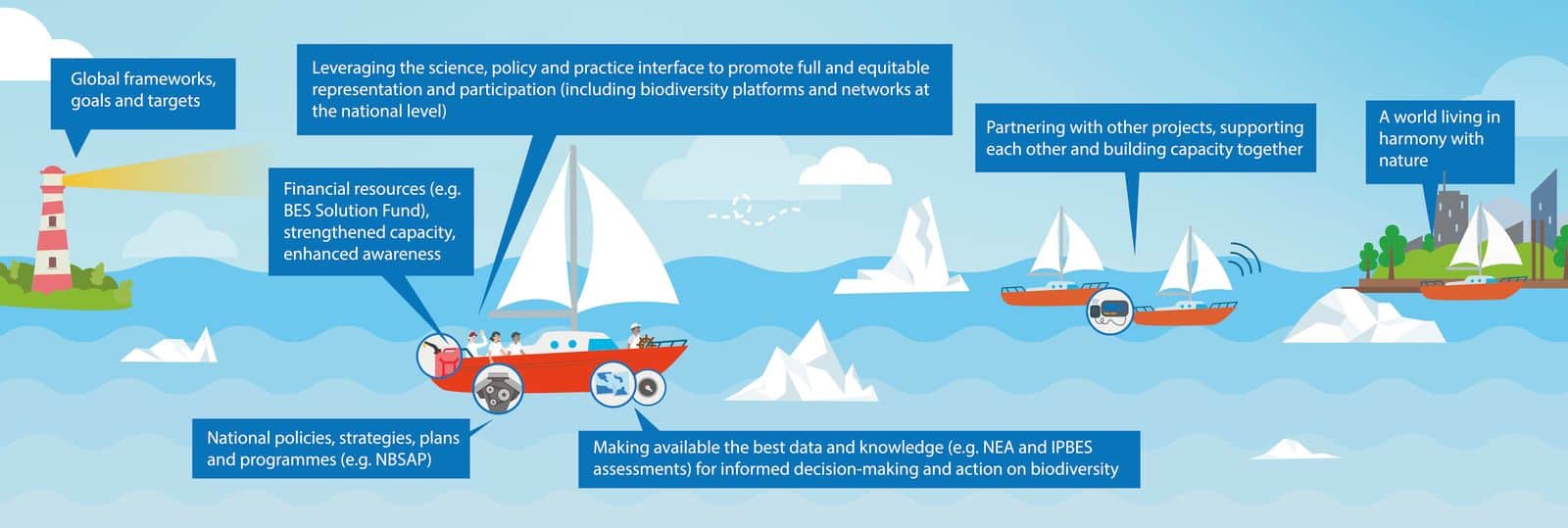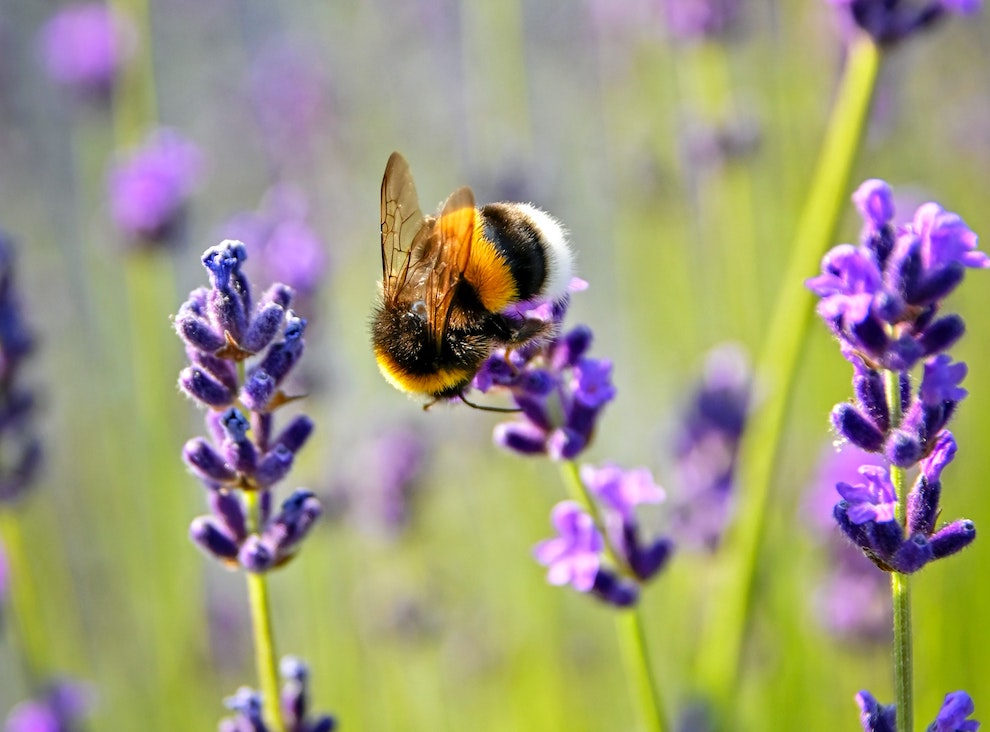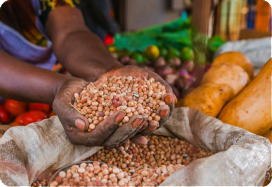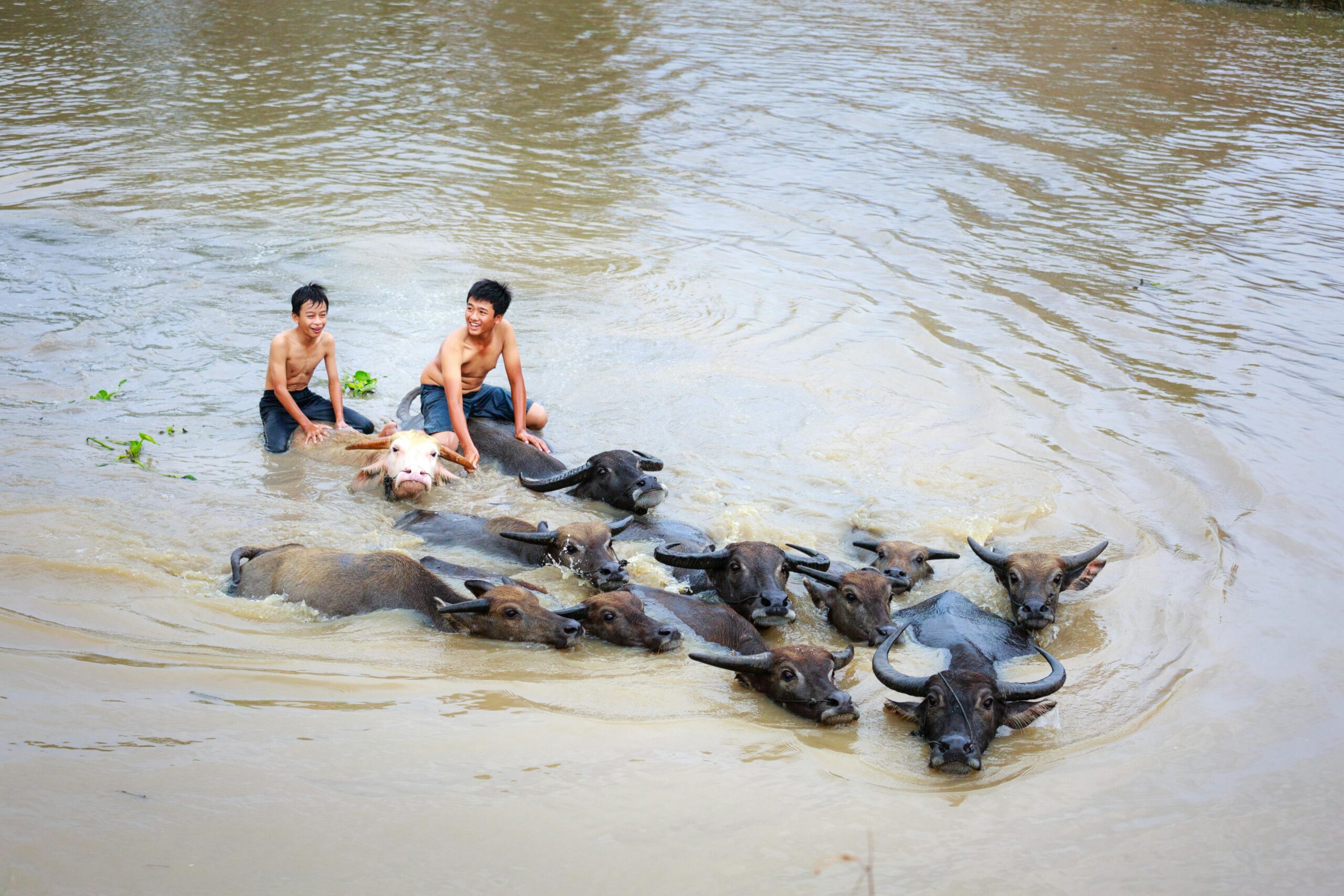BES-Net pools the strengths of three consortium partner agencies and its vast network of organizations to translate the global IPBES assessment findings into nationally and locally led solutions.
BES-Net collaborates closely with the science, policy and practice communities to enhance capacity and foster effective collaboration. We partner with UNEP-WCMC’s NEA Initiative to support national ecosystem assessments in countries around the world. By engaging stakeholders through national and regional Trialogues, we aim to build a community empowered to make robust decisions for resilient ecosystems. The BES Solution Fund, a catalytic seed fund, supports the implementation of IPBES and national ecosystem assessments by strengthening national science-policy-practice networks. As a “network of networks,” BES-Net connects over 130 partners, showcasing best practices and innovative ideas through our communication channels. This holistic approach bridges the gap between evidence and action, demonstrating how global biodiversity recommendations are translated into tangible, context-specific solutions.
Thematic Areas
BES-Net aligns its work with the themes highlighted in the IPBES assessments. Over the years, BES-Net’s work has revolved around the following themes:
Pollinator Conservation
Pollinator-dependent crops contribute to 35 per cent of global crop production volume. Yet, with increasing threats to pollinator populations – particularly bees and other wild species – and nearly 16.5 per cent of vertebrate pollinators facing extinction, immediate action is needed.
Land Degradation Neutrality
Human activities, habitation patterns and climate change are exacerbating soil erosion, deteriorating soil quality and causing long-term loss of natural vegetation. Globally, 23 per cent of the land is no longer productive, and 75 per cent has been transformed.
Food Security and Productivity
Globally, local varieties and breeds of domesticated plants and animals are disappearing. This loss of diversity poses a serious risk to global food security by undermining the resilience of many agricultural systems to threats such as pests, pathogens and climate change.
Ecosystem Services and Policymaking
Rapid decline in biodiversity, ecosystem functions and many of nature’s contributions to people means that most international societal and environmental goals will not be achieved based on current trajectories. There is a need for initiatives to harmonize individual and collective action across sectors more effectively for transformative change.
Biodiversity and Climate Change
Climate change and biodiversity loss, both caused largely by anthropogenic drivers, are mutually reinforcing and posing significant threats for human livelihoods, food security and public health. Given the inseparable nature of climate, biodiversity and human quality of life, resolving either issue will require tackling the other.
Invasive Alien Species
Invasive alien species disrupt ecosystems, outcompete native species and cause significant economic damage. Effective prevention and management are essential to mitigate these impacts and achieve the Kunming-Montreal Global Biodiversity Framework’s goal of reducing their introduction and establishment by 50% by 2030.
Sustainable Use of Wild Species
Sustainable use of wild species ensures biodiversity and supports livelihoods. Effective management practices, interweaving scientific and traditional knowledge, are essential to maintain ecosystem balance and achieve global conservation goals.








